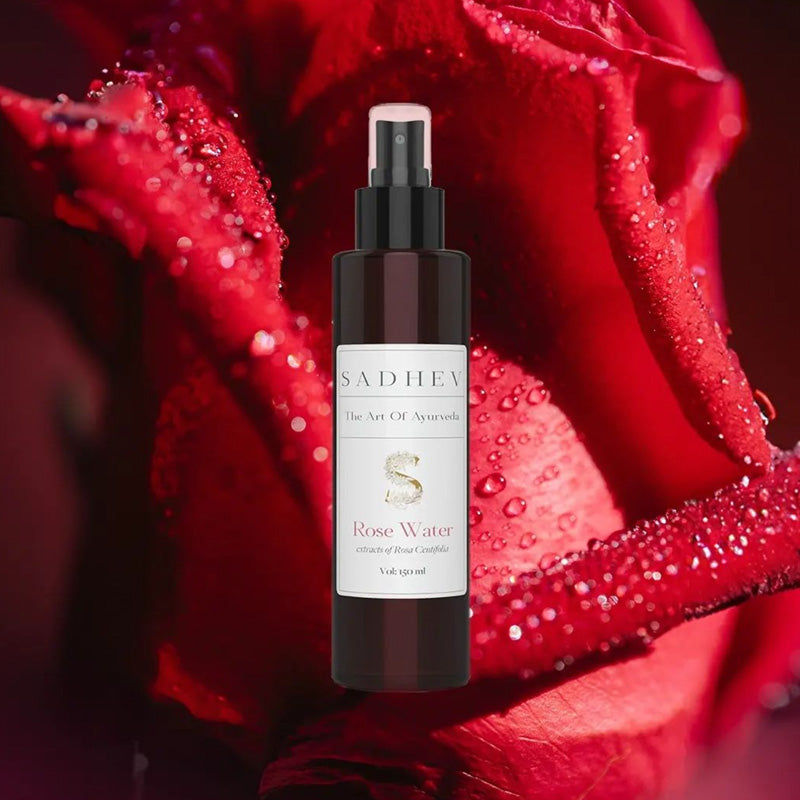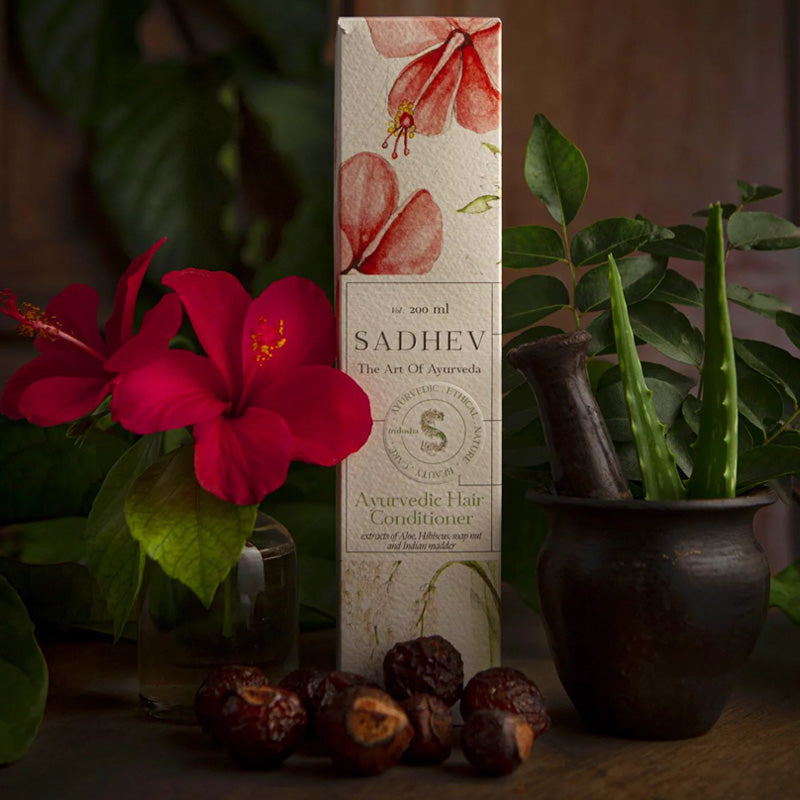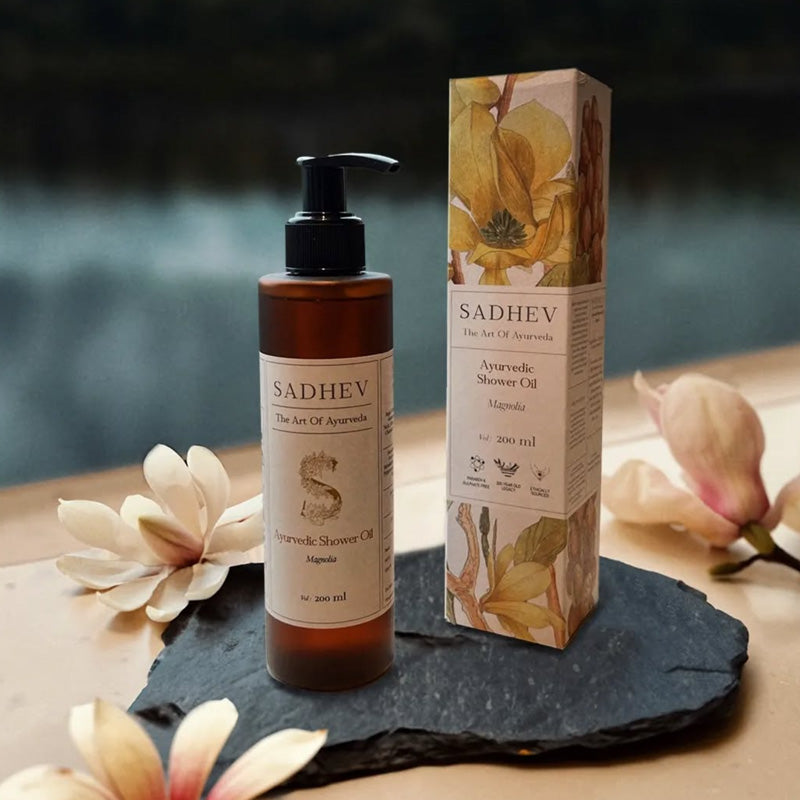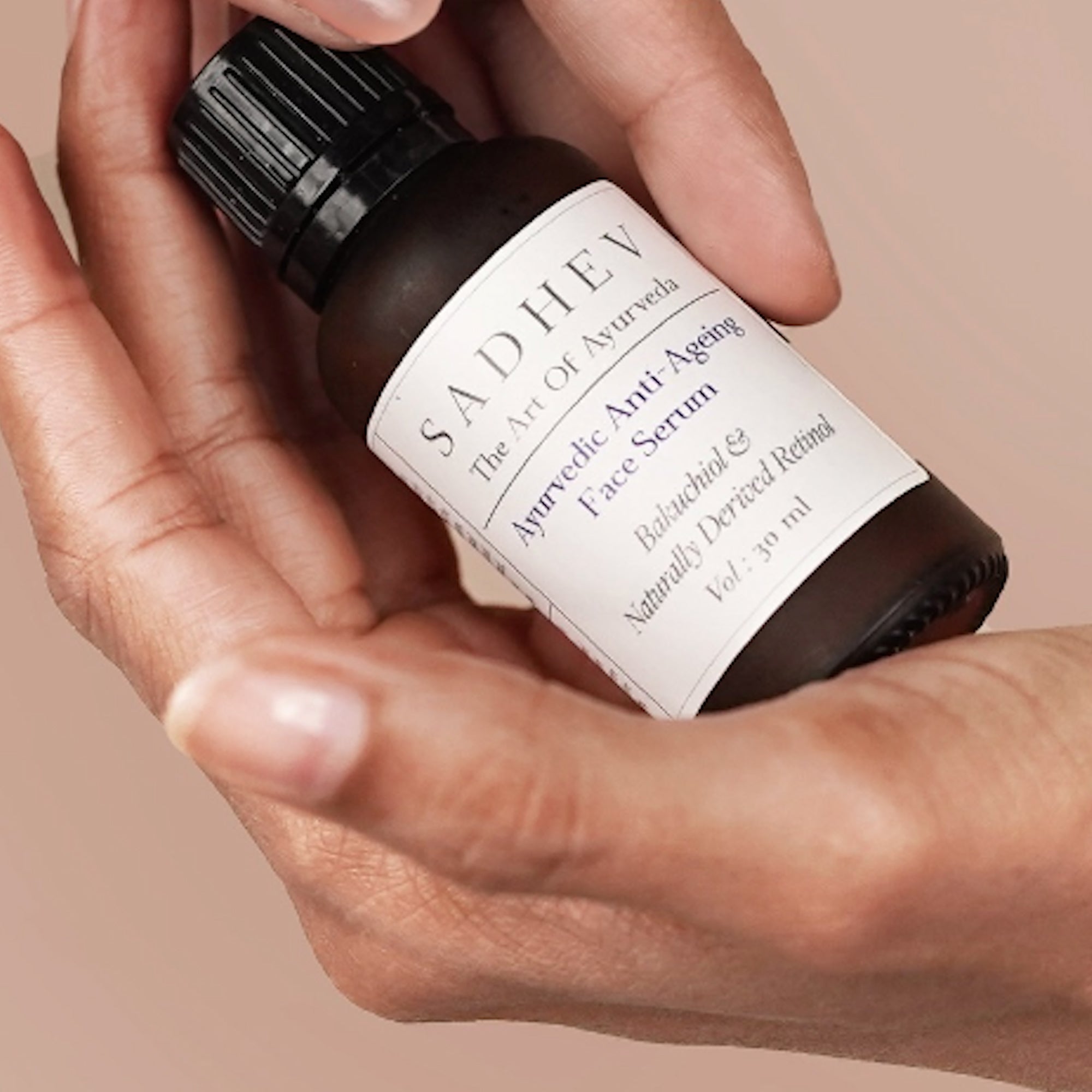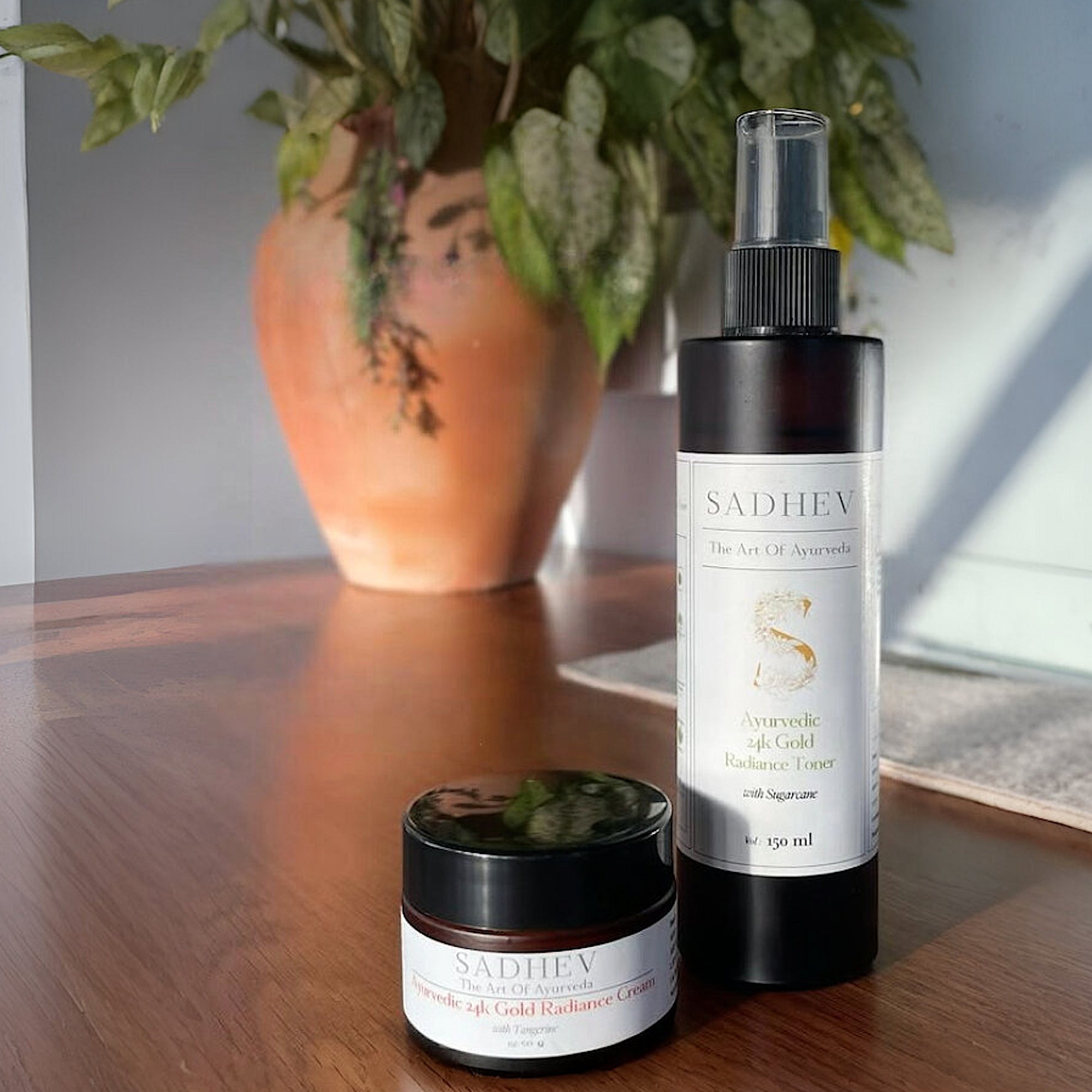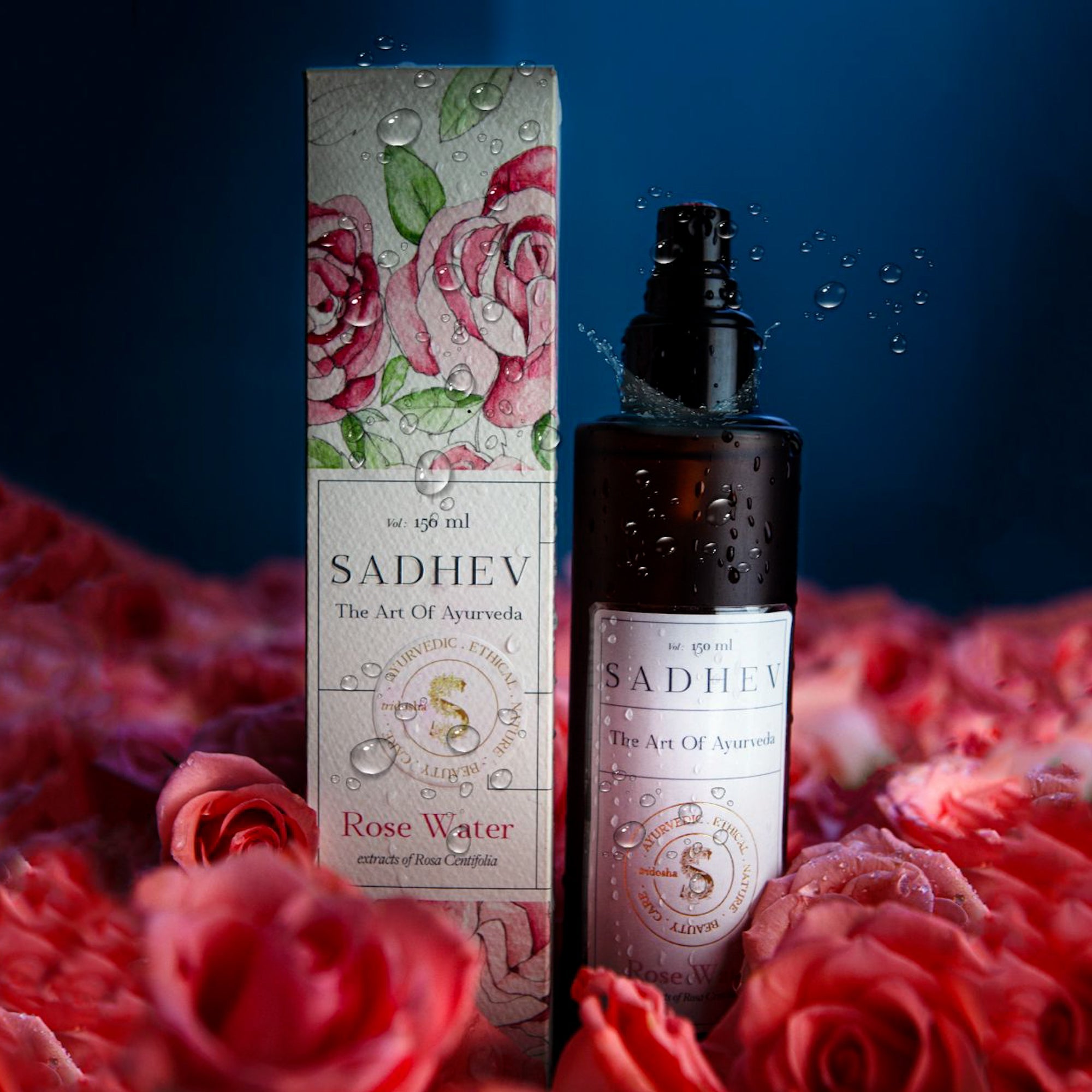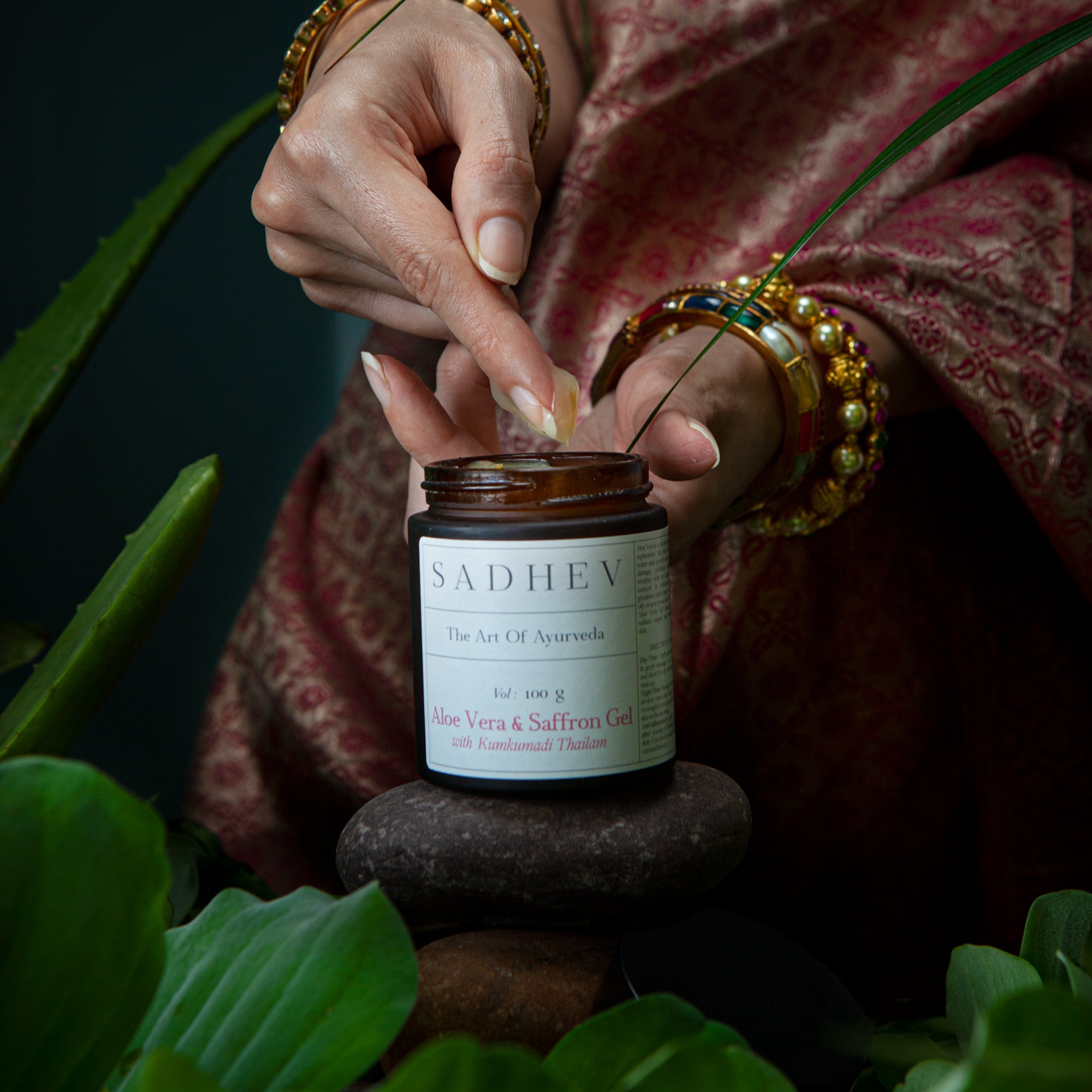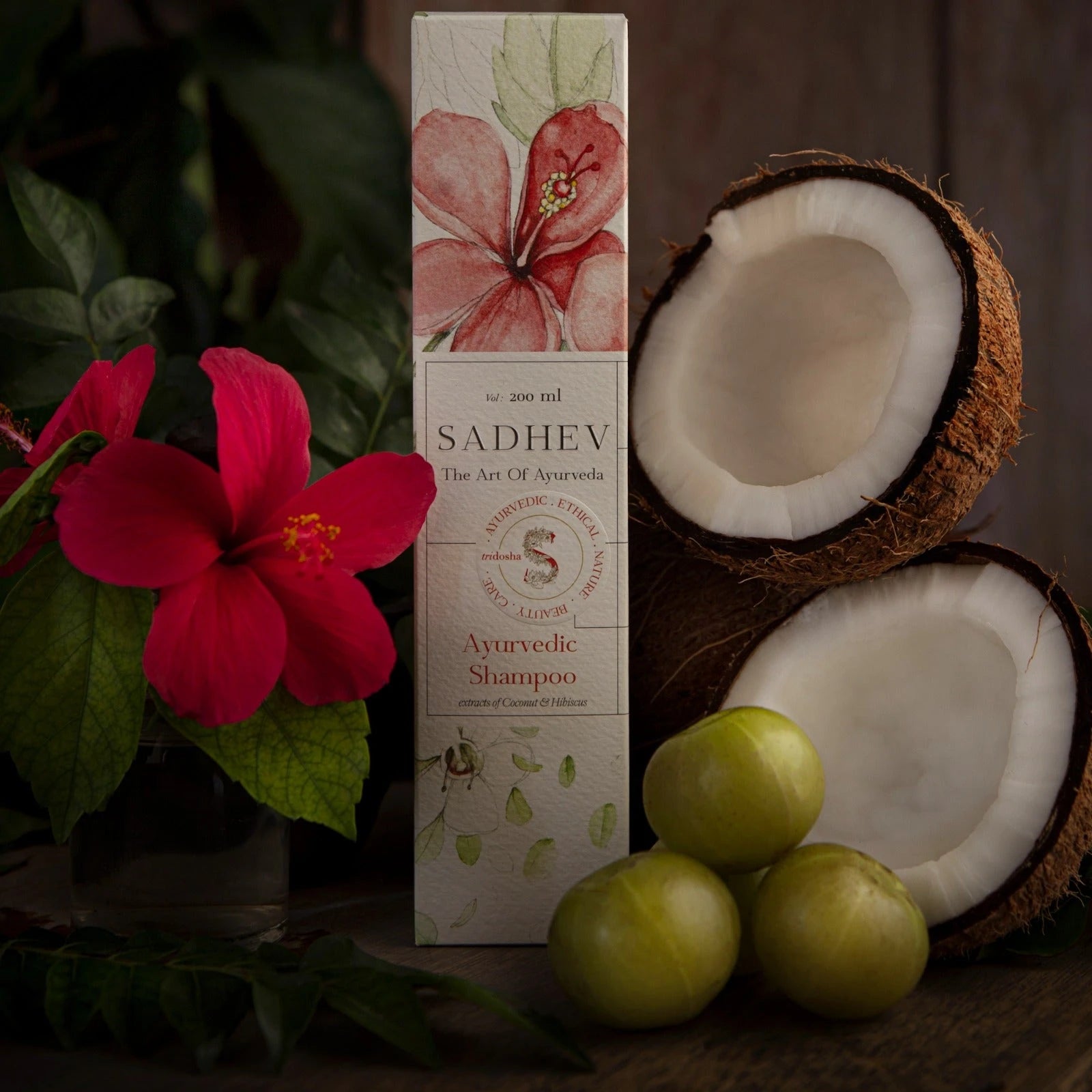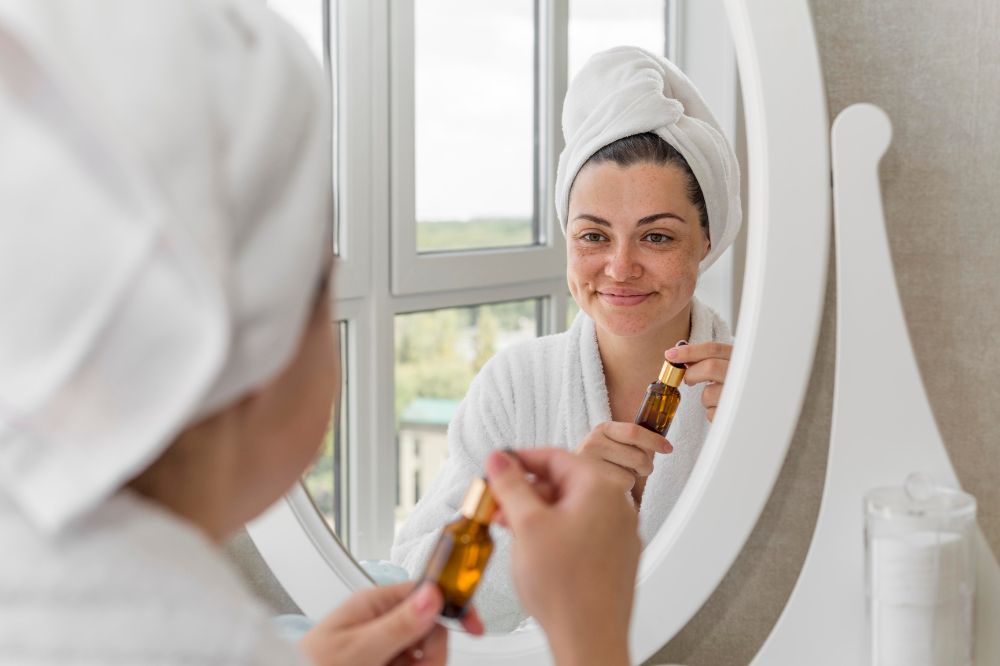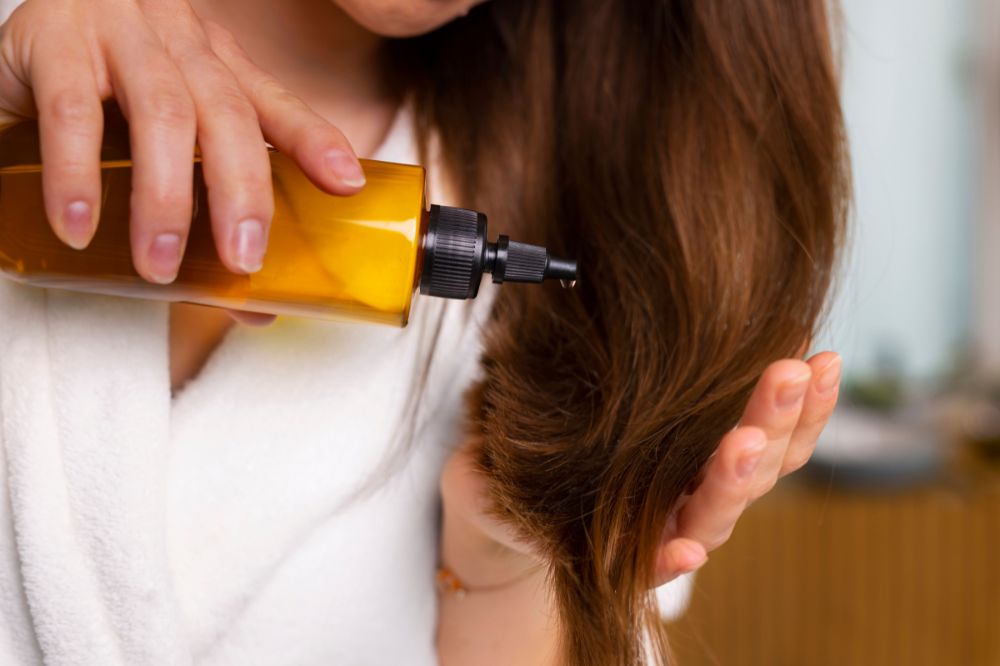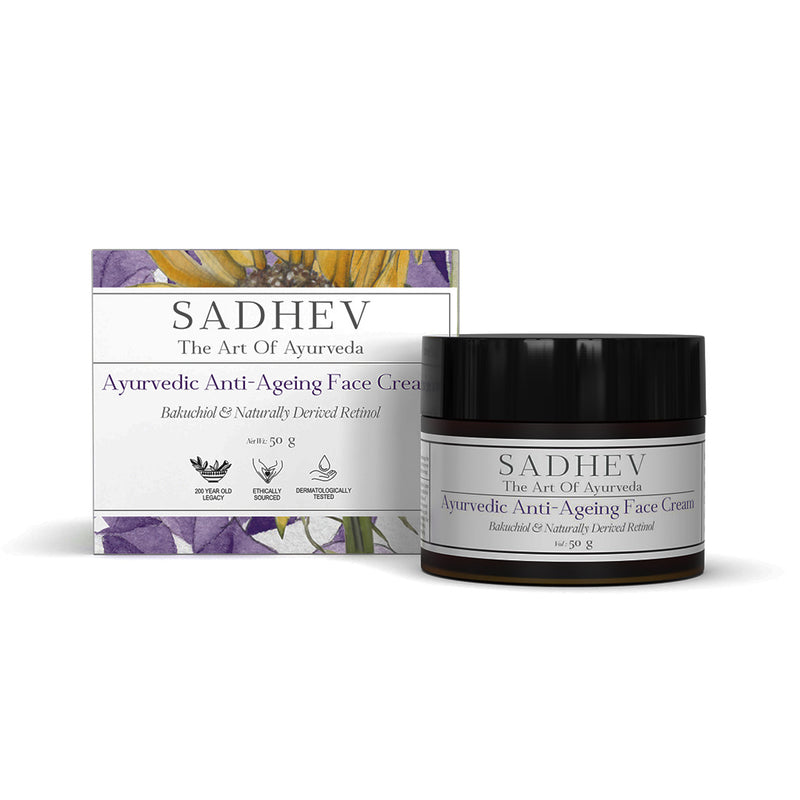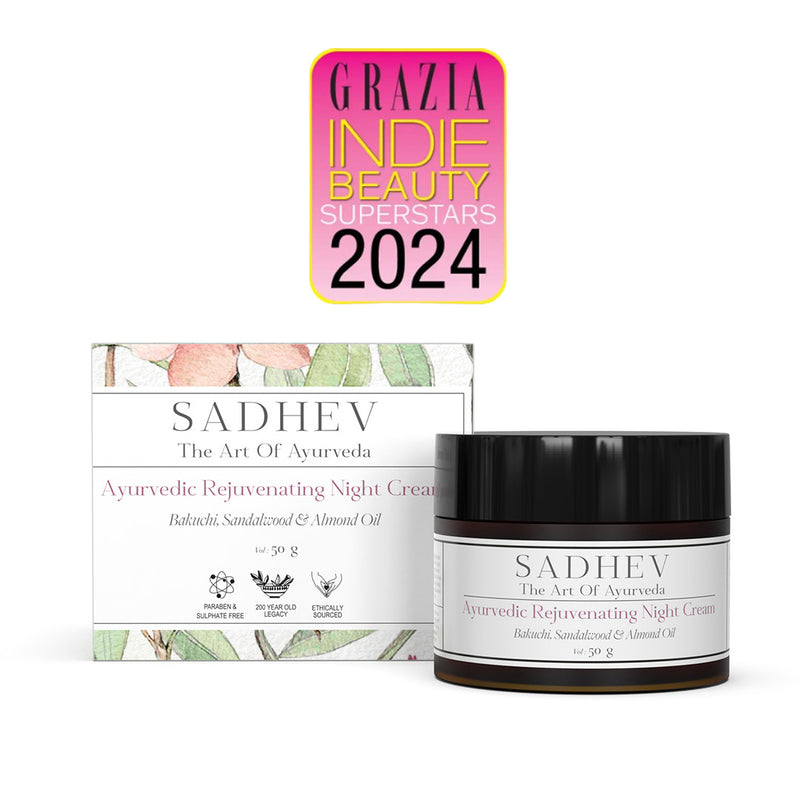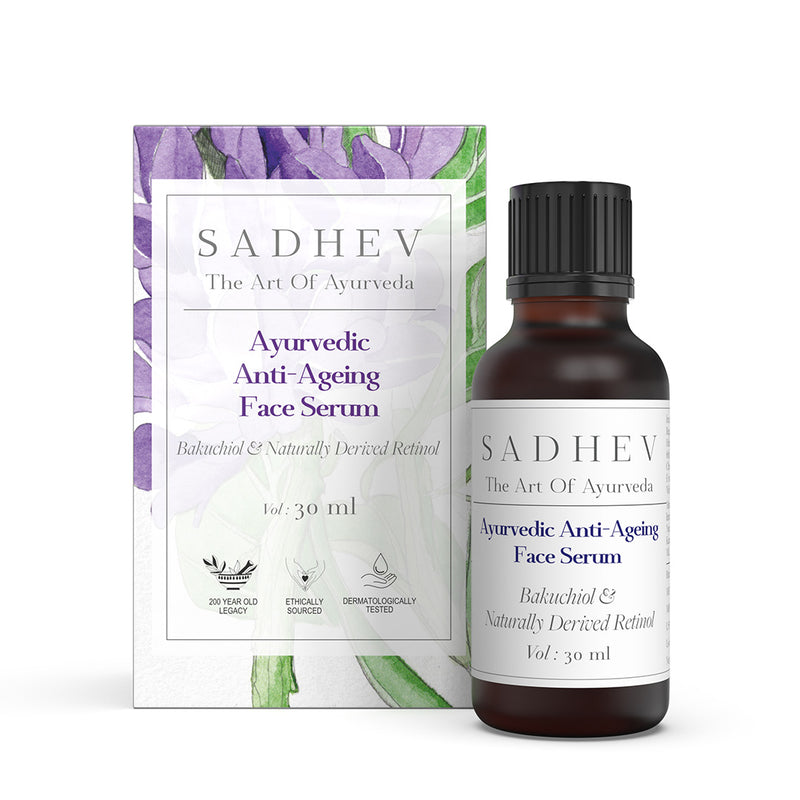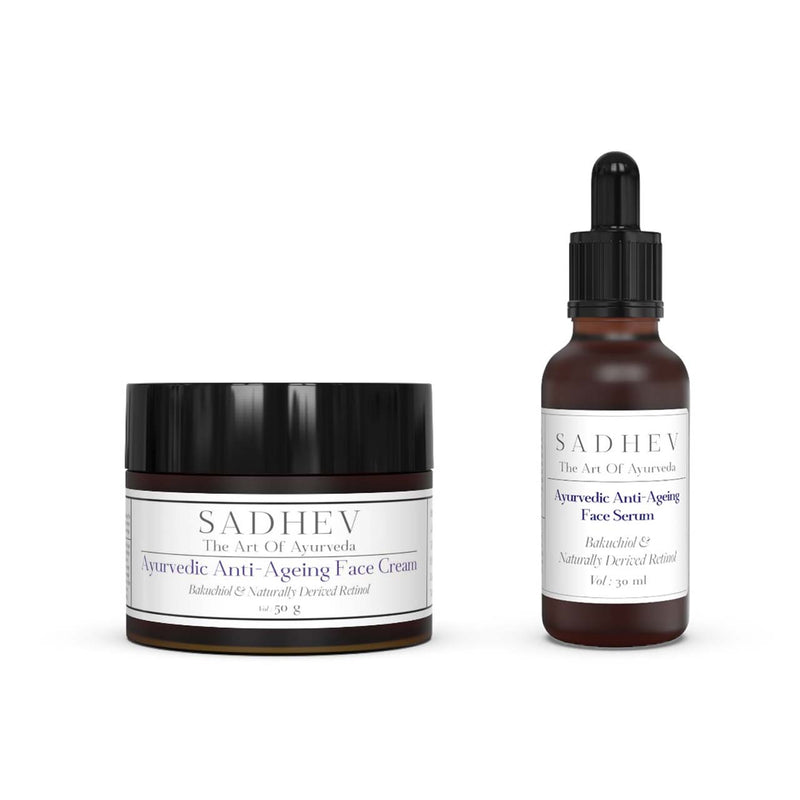If you are someone who has crossed the threshold of early 20s and is heading towards your 30s, you must have heard about Retinol. Retinol is a star ingredient in skincare that reduces fine lines and wrinkles, giving you a youthful glow.
However, not everyone is a fan of retinol, as it can cause dryness, skin peeling, irritation, and sun sensitivity. So, what’s the solution? How can you get the goodness of Retinol without its side effects?
The answer is - naturally derived Retinol. Plant-based retinol is a gentler retinol alternative that delivers similar anti-aging and skin-renewing benefits. Ayurvedic products have very amazing results, especially when you use them the right way.
Want to know how to use retinol products the right way? Let’s get into it.
Why Natural Retinol Is the Best Alternative of Chemical Retinol?

Retinol is a popular skincare ingredient, but chemical versions can cause redness, dryness, and irritation. That’s why many people prefer natural retinol, a plant-based alternative that gives similar anti-aging benefits without the harsh side effects.
Here are some of the benefits of using natural retinol in skin care routine:
1. No Irritation
Chemical retinol can cause peeling, redness, and sensitivity, especially if your skin is sensitive. Natural alternatives like bakuchiol work in the same way but are much gentler, making them suitable for all skin types, even if you have dry or sensitive skin.
Are you wondering what is Bakuchiol plant? Read this blog.
2. Keeps Skin Hydrated & Healthy
Unlike chemical retinol, which can make skin dry and flaky, natural retinol helps lock in moisture while smoothing fine lines. Ayurvedic ingredients like rosehip oil, mastic resin, and bakuchiol are packed with healthy fats and antioxidants, keeping skin soft, plump, and glowing.
3. Safe for Pregnant & Breastfeeding Moms
Doctors usually don’t recommend chemical retinol during pregnancy. However, natural retinol alternatives are completely safe for expectant and new moms.
4. Does Not Cause Sun Sensitivity
A major drawback of chemical retinol is that it makes skin more sensitive to sunlight, increasing the risk of sunburns and dark spots. Naturally derived retinol does not have this issue, so you can use it morning and night without worrying about extra sun protection.
Retinol Skin Care Routine With Plant-Based Natural Retinol

Now that you know the benefits of plant-based natural retinol, here is a simple yet effective retinol skin care routine. If you are wondering how to start using retinol or when to start using retinol, we are here to answer your questions.
Here’s how to use retinol on face for best results:
-
Step 1: Use a gentle Ayurvedic face cleanser to remove dirt and oil without stripping the skin. Avoid harsh or exfoliating cleansers.
-
Step 2: Apply a mild, alcohol-free toner to help balance the skin and prepare it for better absorption of skincare products.
-
Step 3: Apply a small amount of plant-based retinol in the form of cream or serum to clean, dry skin. Gently massage it in until fully absorbed.
-
Step 4: Follow up with a moisturiser.
Generally it is recommended to use retinol at night, but since naturally-derived retinol does not cause sun sensitivity, you can also use it during the day.
Also read: Benefits of anti ageing serum
Anti-Ageing Products With Natural Retinol at Sadhev

Check out these Ayurvedic anti-ageing products that you can add to your retinol skin care routine:
1. Ayurvedic Anti-Wrinkle Cream
Infused with bakuchiol and naturally derived retinol from mastic resin, Sadhev’s Ayurvedic anti-wrinkle cream helps reduce the appearance of fine lines and wrinkles, promoting a youthful complexion. It also deeply hydrates and nourishes the skin, leaving it with a radiant, healthy glow.
2. Ayurvedic Anti-Wrinkle Serum
Sadhev’s anti-aging face serum is designed for all skin types. Powered by bakuchiol and mastic resin, a gentle yet effective alternative to retinol, it smooths wrinkles without causing irritation, making it ideal even for sensitive skin.
Conclusion
Using retinol in your skincare routine can improve skin texture, reduce wrinkles, and boost collagen production. Now that you know how to apply naturally derived retinol for best results, it is important to buy the best quality natural retinol products for yourself.
This is where Sadhev comes into the picture. Sadhev offers the best Ayurvedic anti-ageing products like anti-ageing cream and serum. You can also check out our collection of Ayurvedic skincare and haircare products.
FAQs
-
Is it okay to use bakuchiol every day?
Yes, bakuchiol is gentle enough for daily use, both morning and night. Unlike retinol, it doesn’t cause irritation or dryness.
-
Should I use bakuchiol or retinol?
If you have sensitive skin or want a natural option, go for bakuchiol. Retinol works faster but can cause peeling and irritation. Checkout this blog to know everything about bakuchiol.
-
How do I incorporate bakuchiol into my skincare routine?
Use it after cleansing and before moisturizing. It works well both day and night. Always follow with sunscreen in the morning.
-
What should you not pair with bakuchiol?
Bakuchiol is gentle and works with most ingredients, but avoid mixing it with strong exfoliants like glycolic acid if your skin is sensitive.
-
Can retinol be used daily?
No, retinol should not be used daily. But you can use plant-based retinol everyday.
-
What is a natural alternative to retinol?
Mastic resin is the best natural alternative. It helps reduce wrinkles and fine lines without causing redness or dryness like traditional retinol.
-
Does bakuchiol damage the skin barrier?
No, bakuchiol is soothing and helps strengthen the skin barrier. It hydrates and repairs rather than causing irritation or peeling.
-
What is the difference between Retinal vs. Retinol and Retinoid?
Here is the difference between retinol and retinoid - Retinol is the mildest, retinal is stronger, and retinoids (like tretinoin) are the most potent, usually requiring a prescription for deeper skin repair.

































